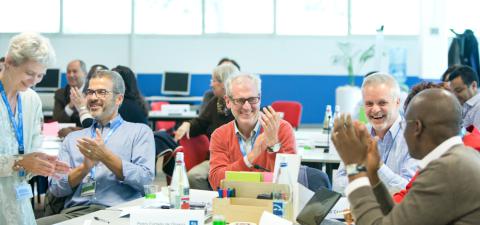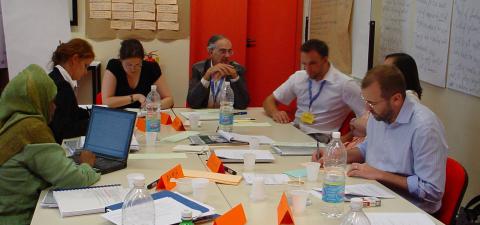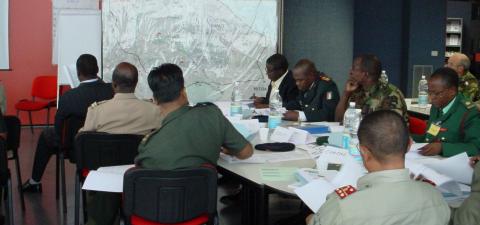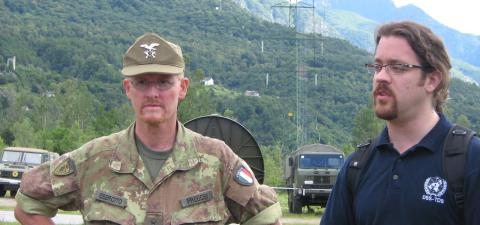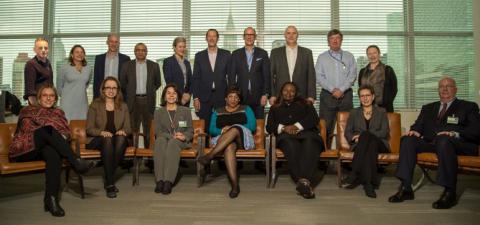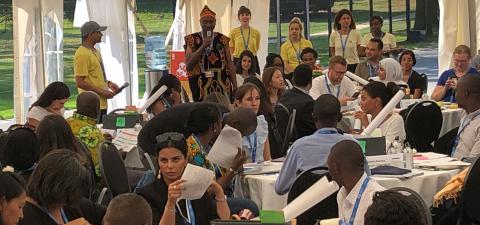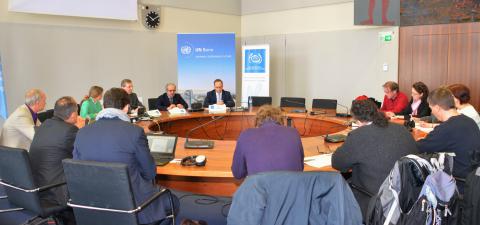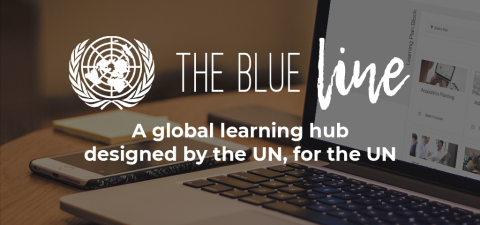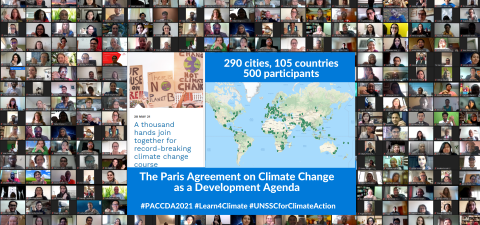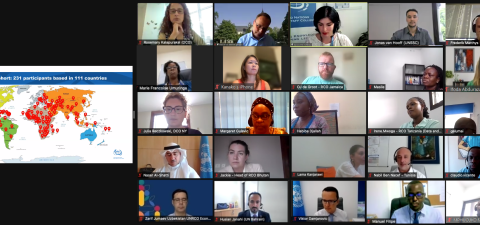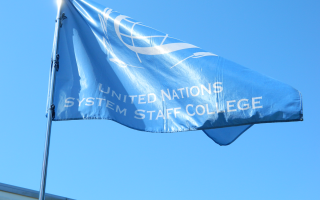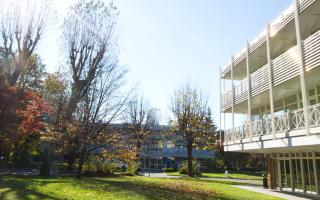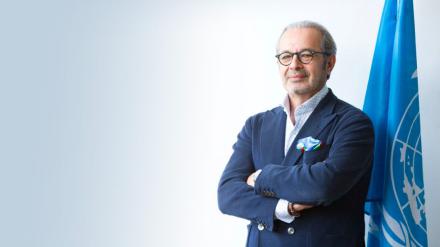
Celebrating a 20-year learning and training journey
In 2002, a group of 20 UN Staff members from different UN agencies started their learning journeys by attending a three-day workshop in Turin on “Capacity development for UN field coordination” at the United Nations System Staff College – a newly born independent institution whose existence had been originally conceived in 1969 to meet the needs of the UN family of organizations and agencies. By the end of the 2002 the Staff College had trained 1,500 staff members.
Today, UNSSC trains 15,000 people annually. Since its inception, thousands of faculty, staff, and students have participated in UNSSC’s learning and knowledge initiatives geared toward equipping people with the knowledge, skills and competencies they need to support the work of the United Nations.
At every pivotal moment for the UN — addressing global crises, tackling peacekeeping, development and social progress, addressing issues related to youth and women’s empowerment, keeping the focus on the Sustainable Development Goals amid a pandemic, UNSSC has evolved to advance learning to support UN Staff and partners as they take action toward the achievement of a peaceful and sustainable future for all.
Twenty years on we take a closer look at how learning excellence, thought provoking insight, and knowledge management have supported UN staff and partners through high-quality and effective programmatic learning.
In commemoration of its 20th anniversary, UNSSC invites all to join in marking the successes and gains achieved to date. This celebration also presents an opportunity to reflect on challenges and deepen our collective action to learning and knowledge sharing as we move forward.
Looking forward
On the occasion of its 20th anniversary, if I had to make one birthday wish for the Staff College, it would be to continue with its current popularity and healthy growth. This is a realistic wish that should be pursued strategically and with ultimate care and discipline. The accomplishments of today should not be taken for granted, as they are the results of years of investments in ensuring quality staffing; forging high-level partnerships with decision makers within and outside the United Nations; pursuing an entrepreneurial approach to business sustainability and growth; and prioritizing innovation and creativity as the pinnacle of UNSSC’s methodology to learning and knowledge sharing. In my view, these should be the ingredients for the future success of this noble institution.

